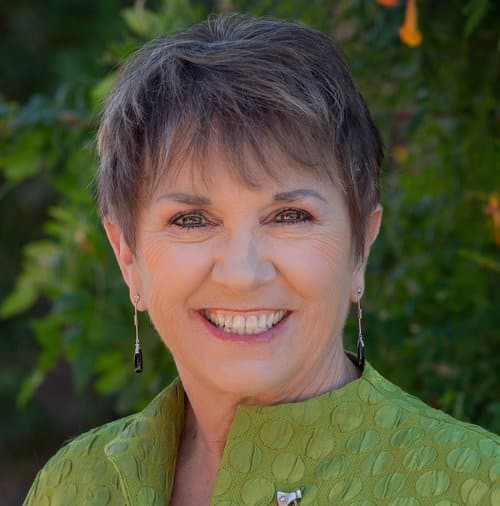Dr. Claudia Black graced the screens of over 800 attendees for this afternoon’s Zarrow Symposium 2022 Keynote Speaker session.
Her extensive work with children impacted by substance use disorders in the late 1970s created the foundation for the adult-child movement, lending international recognition for her contemporary work with family systems and addictive disorders. Though our sessions are short – seventy-five minutes, to be exact – Dr. Black’s presentation did not lack.
Some important highlights include:
-There is no other singular cause for dysfunction in the family outside of addiction. Addiction doesn’t just belong to the addicted person. It belongs to the family.
– The impact addiction has on family doesn’t just disappear, even should the addicted person experience recovery.
– When people respond with empathy, assistance, and care, you’re more able to heal. The opposite response can be as wounding as the traumatic incident, itself.
– Social support is the single most critical factor in healing.
– The body cannot distinguish between emotional and physical danger.
– Not only are people running from trauma, but they’re running toward safety. That can look like many different things.
She paused the presentation to allow a deeper dive into our own experiences by way of three key questions:
- “As I’m talking, who do you find yourself thinking of?”
- “What are your thoughts about this?”
- “And what are your feelings?”
And then Dr. Black continued toward self-abandonment’s role in trauma. She spoke of the juxtaposition between support and insecurity.
Another pause prompted us to consider what message in our childhood supported our resiliency. And who gave us that message?
Consider that as you enjoy the rest of the symposium.
If you’re curious about more of Dr. Black’s seminal work in this field, you can purchase her books from Central Recovery Press at a 25% discount with the code CBL2022 through December 31, 2022. Her most recent book, ‘Unspoken Legacy,’ address the impact of trauma and addiction within the family.

